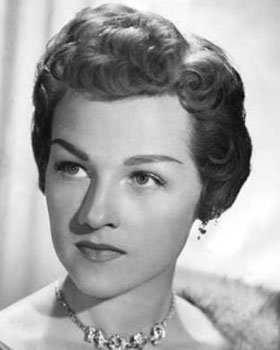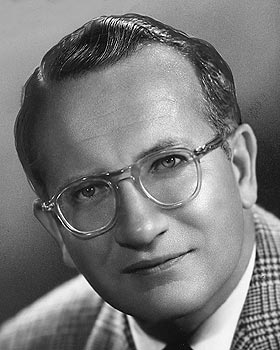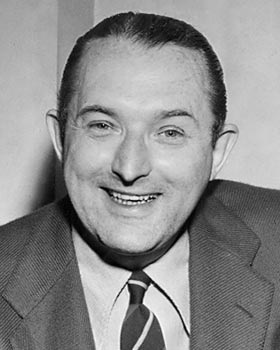Jo Stafford

Stars



Jo Stafford was a favorite of GIs during World War II and her recordings made the pop music charts dozens of times in the 1950s. All told, she sold 25 million records over the course of a relatively short solo career.
Her skills were apparent from the beginning, when she sang as a teenager in a vocal trio with her two older sisters, Pauline and Christine.
Qualities that were present at that time became the foundation of her vocal style: her impressive technical skills, flawless intonation and cool but expressive tone. Whether Stafford was singing romantic numbers such as “You Belong To Me” — a No. 1 hit in 1952 — or making duets with Frankie Laine on the lighthearted, comedic "Hambone" (a No. 5 hit the same year), her performances were superb displays of crystal-clear musicality combined with an insightful understanding of lyrics.
Those skills were particularly useful early in her career, first when she was singing lead in the trio with her sisters, then during her work with the Pied Pipers. Initially an octet, with seven male singers and Stafford, it was pared to a quartet when the group began working with the Tommy Dorsey Orchestra in 1939.
Stafford's solo career began with an inextricable link to the war. A favorite of American soldiers, she was told by a veteran of the Pacific that "the Japanese used to play your records on loudspeakers across from our foxholes so that we'd get homesick and surrender." Not surprisingly, servicemen affectionately referred to her as "GI Jo."
Stafford and her second husband, pianist/composer Paul Weston, were viewed by most of their contemporaries as musical class acts who brought clarity, focus and sophistication to the most lighthearted pop music. Which made their transformation into Jonathan and Darlene Edwards — a duo that was the surprising last highlight of Stafford's career — such a remarkable accomplishment.
The premise was simple enough: They would do imitations of a minimally skilled duet of singer and piano player — the sort who can frequently be heard in no-cover-charge cocktail lounges everywhere. But as interpreted by Stafford's pliable voice, the songs came out just a little sharp in one spot, a bit flat in another, with the rhythm slipping from beat to beat.
Related stars
|
|



Four thoughts about Jo Stafford
Share a thought about Jo Stafford